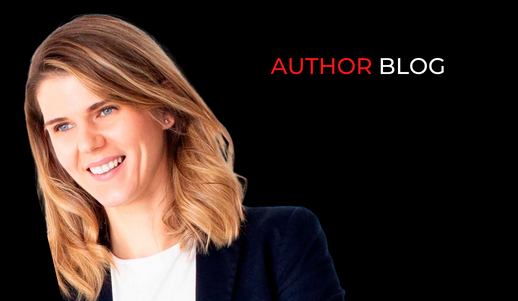Writing is a craft, and like any other craft, it needs to be learnt. You would never pick up a paintbrush for the first time and expect to be the next Picasso, and yet for some reason, we feel a sense of failure when we first start writing and it doesn’t read like Hemmingway (or, rather, Harper, Moriarty or McTiernan). There is an expectation that because we know how to speak, and because we know how to write one word in front of another on a piece of paper, we should instinctively be able to tell a good story.
If fact, we often hear about these born storytellers. These humans that are more like celestial beings and have been gifted with the skill of telling a good yarn. Well, I can confidently tell you that that’s not me. And that kind of mindset can be extremely off-putting for us mere mortals.
Like many new authors, I came to this realisation the tough way. I wrote and wrote my little heart out every night for a few months, completely and utterly lost down the rabbit hole of the story I was telling. Then, I had to put my writing aside for a month or two. When at last the stars aligned and I was able to get back into it, I couldn’t wait. I’d been thinking about the story I’d been forging every day and was ready to deep dive back in. And what a slap in the face that was.
It was terrible. As in, set-it-on-fire-and-never-let-it-see-the-light-of-day terrible.
How could something I’d loved doing so much be so utterly awful? I was miffed, but thankfully not deterred. I couldn’t shake the excitement I’d felt each and every time I’d sat down at my laptop. The thrill of diving back into my words had been so strong. After overcoming my initial shock, one thing was clear: I loved writing. I just needed to learn how to do it. Or at least how to do it well.
I spent the next eighteen months consuming every little bit of information about the craft of writing that I could. I followed blogs about plotting. I read books about story structure. I listened to podcasts about character development. I did online courses on everything from grammar to pitching. And I devoured interviews with my favourite authors, often listening to them multiple times.
I’d always read vivaciously but began to do so with a writer’s eye. I highlighted passages in novels that I loved, kept a list of quotes from books, and even a catalogue of words that I enjoyed the sound of. If a story didn’t sit well with me, I’d analyse why. If I’d devoured it, I’d try and pinpoint what it was that had captivated my attention.
And, of course, I wrote. Every single day. Short stories at first, then longer-form fiction. Not a day went by when I didn’t do something to improve my writing. I’d squeeze it in during kids’ nap times, during work lunch breaks, and at 2 am when I was feeding my baby.
I was like a sponge, absorbing every little titbit I could. Like learning a new language, I soon realised that immersion in the craft was the most efficient way to improve my writing. After all, I would never expect to learn French just by saying bonjour and merci each time I went to pick up my Sunday croissants.
Jumping into the deep end with writing and immersing myself in the craft paid off. Two and a half years after I first sat down at my laptop to write those oh-so-terrible words, I entered the HarperCollins Banjo Prize with a crime manuscript I’d just completed the second draft of. And four months later, I won it.
A love for writing is what got me started but honing the craft and practicing the skill is what got me through.
Veronica Lando’s debut novel, The Whispering, is out in July.
More info here.
